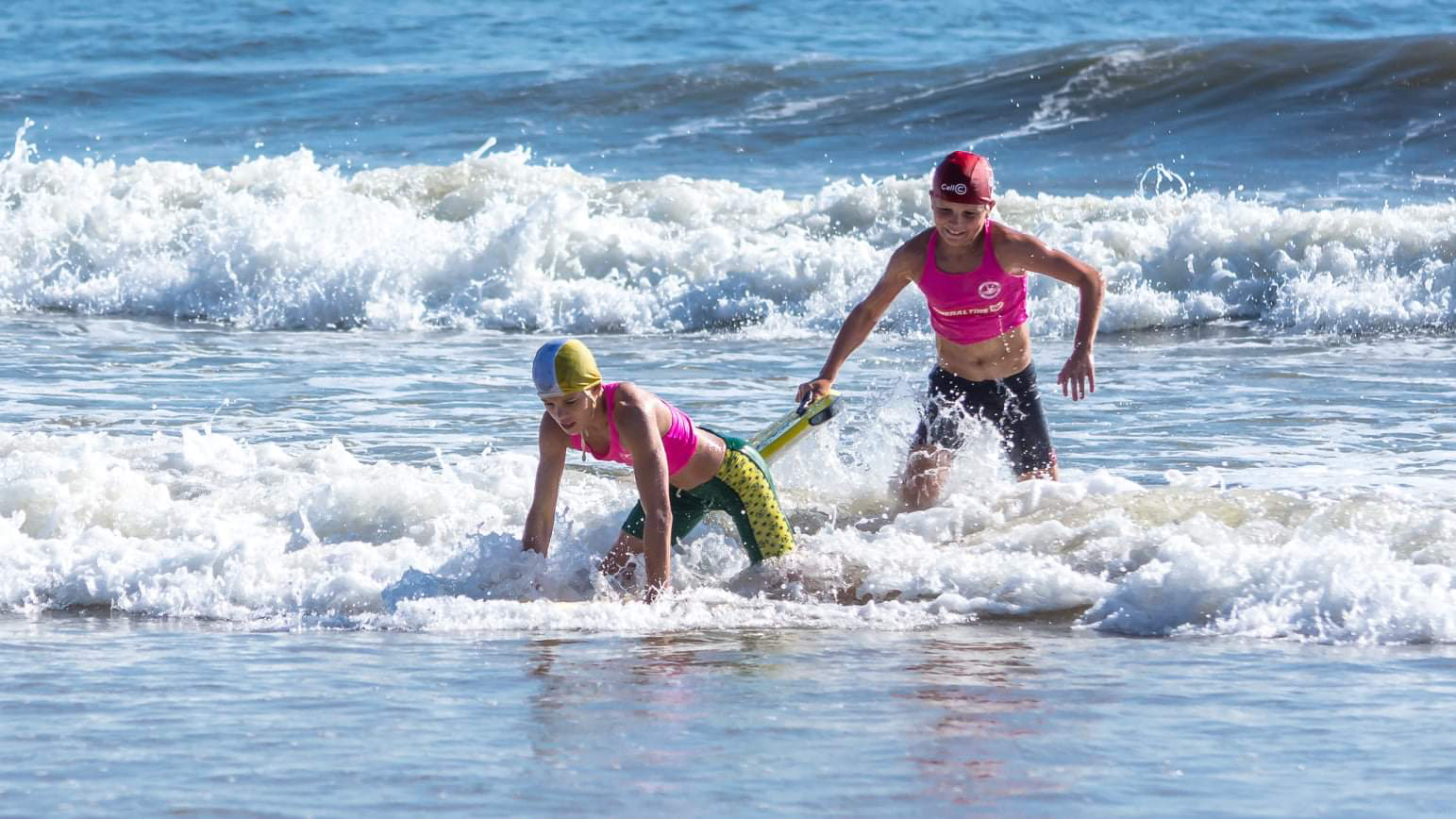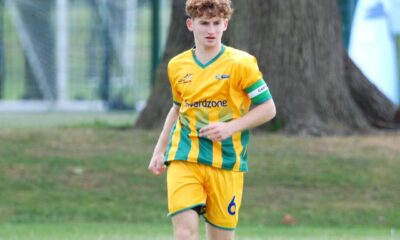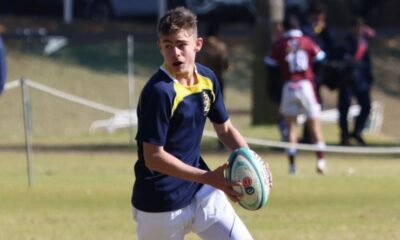
Sport

Life-saving sport makes splash at Maccabiah
A South African olah played a key role in introducing surf life-saving – the only sport with the purpose of saving lives – to this year’s Maccabi Games. What’s more, Kirah Marks isn’t a beach lover.
Marks, who was in Standard Six (Grade 8) at King David Sandton in 1997 when she and her family made aliya, introduced the sport to the games through her role as operations manager of the Israel Life Saving Federation (ILSF), a non-profit volunteer-based organisation that aims to prevent drowning in Israel through education and practical courses for all age groups.
“About two years ago, together with Paul Hakim, one of the co-founders of the organisation, we spoke about bringing surf life-saving to the Maccabiah,” says Marks. “It was kind of laughed off because we didn’t have a team. We didn’t have anything. However, we managed.”
About eight months ago, Marks and others at ILSF began speaking to the International Life Saving Federation, the International Life Saving Federation of Europe, and the top international surf life-saving judges from the United Kingdom and Germany to see how to stage the sport at the Maccabiah and make sure everything was “kosher” in terms of international standards.
“Then we got approval from the Maccabi World Union to have it as an exhibition sport,” says Marks. “The rest is history. We invited participants from around the world.” Surf lifesavers from South Africa, Poland, Morocco, France, and Australia competed in the event. “Through a lot of hard work, passion, and dreaming, we pulled it off. It’s been an incredible ride.”
The event was held over two days at Poleg Beach, Netanya, at the Maccabiah Village.
“It was an experience I’ll never forget,” says Marks. “It was historic.”
On 21 July, the open and masters’ competitions took place, following the previous day’s junior contests for about 50 kids between the ages of seven to 17 who have done an ILSF course.
One of them was the Durban-based Kai Marks (no relation to Kira). This 12-year-old received two silvers in the event’s swimming and board-rescue competitions, having been introduced to the sport at Umhlanga Rocks Surf Lifesaving Club in KwaZulu-Natal when he was five.
“Their main priority is to get the youngsters well trained and fit to be able to become lifeguards one day,” says Kai’s mom, Sam.
This is essential in any seaside country. Every summer, hundreds of Israelis drown or require medical attention after nearly drowning. Drowning is the primary cause of death of children in the country’s summer months.
The sport’s debut at the Maccabiah came a week after a series of chaotic days on Israel’s beaches and waterways as medics dealt with countless drownings and near-drownings which left many in critical or serious condition, including several children. Twenty people have succumbed to drowning in Israel since the start of the beach season on 16 April.
Since 2019, ILSF course graduates have performed more than 70 rescues.
Kai trains on the beach with many forms of exercise including running and swimming. “I swim, I run, I do horse riding, I play hockey and soccer, all different types of sports,” he says.
He thoroughly enjoyed the surf life-saving event in Netanya, meeting “tons of new people”.
Marks got involved with ILSF by chance. “I started working for one of the co-founders in March 2020 with a martial arts-related non-profit he was running. When COVID-19 happened two weeks into working with him, everything stopped. He and his brother then decided to pursue their dream of building a life-saving organisation. I started helping them with that, and immediately fell in love with the goals of the organisation.”
With the sport vying for a place at the 2028 Los Angeles Olympics and 2032 Brisbane Olympics, Marks says they hope it will be included in future Maccabiah. “We’re also considering an annual surf carnival. This way we can raise awareness and have more people become fit enough to contribute to our goal which is to reduce drownings in Israel. We base ourselves on the Australian Surf Lifesaving model by creating a community of lifesavers.
“In Australia, they have life-saving sports to ensure that volunteer lifeguards are fit and able to swim out and rescue. In Israel, the lifeguards sit in their tower. A lot of them are an older generation and have literally been sitting on the same chair since the late 1960s. A lot of them aren’t fit enough, but they are expected to rescue someone.”
For this reason, the ILSF’s goal is to build a community of fit first responders who can save lives.










